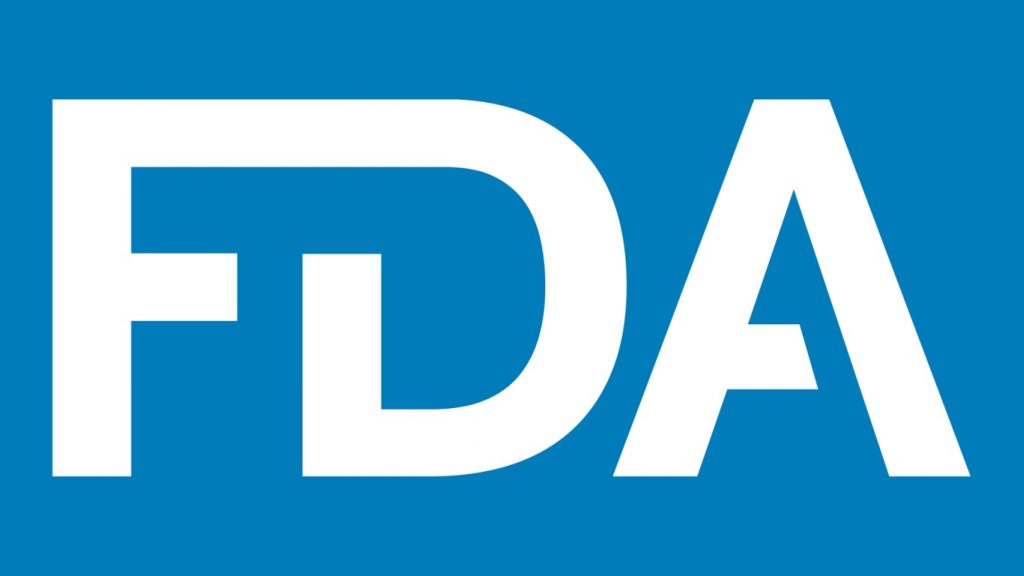
In July the U.S. Food and Drug Administration added a warning label to puberty blockers after six biological girls developed symptoms of tumor-like masses in the brain. One of the girls reportedly was receiving the puberty blockers for purposes of gender transition.
The new label warns of headache, papilledema, blurred or loss of vision, diplopia, pain behind the eye or pain with eye movement, tinnitus, dizziness, and nausea associated with tumor-like masses in the brain.
The FDA has approved puberty blockers to treat precocious puberty, among other things, but has never approved them for sex-change procedures.
Doctors who give puberty blockers to children for purposes of gender transition are doing so off label. That is part of the reason why many medical experts say giving puberty blockers to children for gender transition is “experimental” at best.
Last year the Arkansas Legislature passed the Save Adolescents From Experimentation (SAFE) Act.
The SAFE Act is an excellent law that protects children from sex-reassignment procedures, puberty blockers, and cross-sex hormones.
Unfortunately, the ACLU and others filed a lawsuit against the SAFE Act last summer, before the law officially took effect.
Several business interests and the Biden-Harris Administration also have joined the fight against Arkansas’ SAFE Act.
U.S. District Judge James Moody temporarily blocked the state from enforcing the law while the lawsuit progresses.
Arkansas’ Attorney General asked the Eighth Circuit to lift his order so that the state can start enforcing the law right away. In June a three-judge panel heard arguments in that case.
The FDA’s warning label underscores the risks associated with giving puberty blockers to children. Arkansas’ SAFE Act protects children. We believe federal courts ultimately will recognize that fact and uphold this good law as constitutional.


